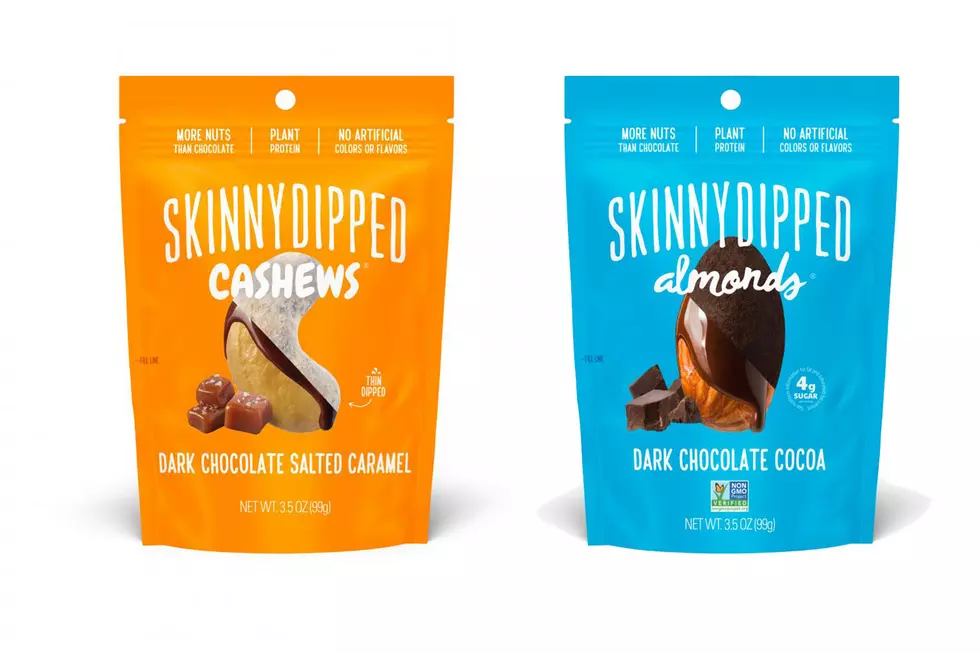
Food Waste: To Recycle Or Not
It's astounding to think of how much of the food a single person or family buys actually gets thrown away as waste. Case in point froma post-Thanksgiving blog I stumbled across:
As Americans across the country prep their 20-pound Butterballs for the annual gorge fest of Thanksgiving, I had a flashback to a story I reported earlier this year. An estimated 31% of all turkey purchased in the U.S. is thrown away.
Translate that percentage to Thanksgiving specifically, and that means of the 736 million pounds of turkey people intended to gobble down last year at this time, an astounding 228 million pounds ended up in the trash, according to the Meat Eater's Guide produced by the Environmental Working Group, a Washington, D.C.-based nonprofit. That's to say nothing of the Brussels sprouts, cranberry relish and mashed potatoes.
Now that Americans have embraced recycling their used paper and empty bottles, food waste accounts for a massive amount of our trash.
Food waste is the largest component of the municipal waste stream in the U.S., according to the Environmental Protection Agency. Annually, that piles up to 33 million tons, or 14%, of the country's solid waste. According to the L.A.'s Bureau of Sanitation, 27% of what's thrown in the black bin here is food. All the resources used to bring that food to the table are wasted with a single scrape of a plate.
A pilot program in Los Angeles is seeking to change that - at least somewhat.
Although no one is policing residents' green bins to find out the origins of an apple thrown in there, the city wants to change the system, Helou said. In 2008, the Bureau of Sanitation even launched a residential food scrap pilot program in 8,700 residences in South L.A. Each house was given a 2-gallon green pail, in which residents could place all types of food waste, including meat, bones, coffee grounds and tea bags, as well as grease-smeared pizza boxes, food-soiled paper plates and used napkins. Residents collected their food scraps in their pails and emptied the pails into the larger yard-trimming bins, which were picked up by a hauler and composted at a permitted facility. That compost was then sold to California farms and nurseries.
The pilot program, which is ongoing, diverts about 460 pounds of food waste per day from landfills. It was supposed to roll out to the rest of the city by now, but only two facilities in the L.A. area could compost residential food waste, and one of those facilities stopped accepting L.A.'s residential food waste because of permitting issues.
More From KOOL 101.7









